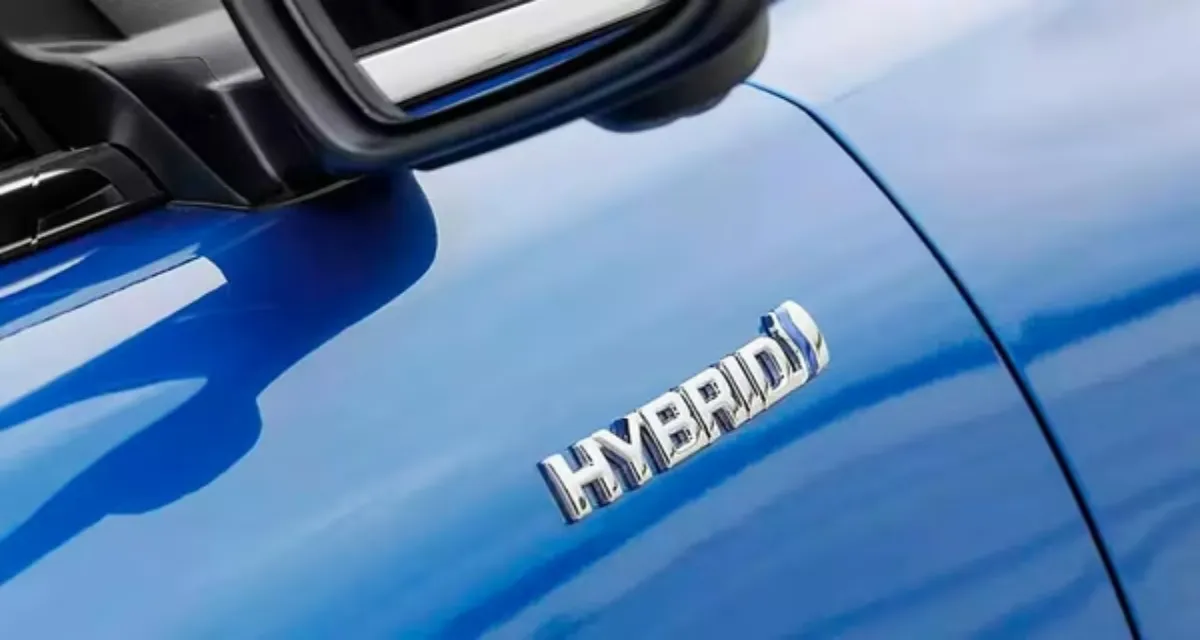

Uttar Pradesh, a key player in India's automotive market, has firmly upheld its tax breaks for hybrid vehicles, sparking significant controversy among automakers. Despite concerns raised by industry giants like Tata Motors and Mahindra & Mahindra, the state government has decided to keep the tax waiver that makes hybrid cars more affordable.
In a recent meeting between state officials and automakers, Uttar Pradesh Chief Secretary Manoj Kumar Singh made it clear that the decision to maintain tax breaks for hybrid vehicles will not be reversed. According to a report by Reuters, Singh emphasized that the "status quo will remain," despite pushback from several automakers.
The tax waiver, introduced in July 2024, was seen as a progressive move to support cleaner automotive technologies while reducing reliance on traditional petrol and diesel vehicles. This policy was welcomed by companies producing hybrid vehicles, such as Toyota, but has also ignited conflict with proponents of electric vehicles (EVs).
The tax breaks for hybrid vehicles have divided the automotive industry. While manufacturers of hybrid vehicles have lauded the decision, others, including Tata Motors, Mahindra & Mahindra, Hyundai, and Kia, have strongly opposed it. These automakers argue that the tax waiver undermines the government's efforts to promote electric mobility by diverting consumer interest and investments away from EVs.
The opponents of the tax break argue that it could slow down the development of critical infrastructure for EVs, such as charging stations and battery technology, which are essential for the widespread adoption of electric vehicles in India.
The clash between hybrid and electric vehicle manufacturers highlights the complexities within India's automotive sector. While the Indian government is pushing for greater electric mobility, it is also cautious about phasing out fossil fuel-powered vehicles too quickly. Hybrid vehicle incentives are seen as a middle ground, balancing the promotion of green technologies while gradually transitioning towards electric vehicles.
However, state policy decisions like those of Uttar Pradesh could have far-reaching implications for the future of electric vehicle adoption in India. As the automotive industry adapts to rapid technological changes, the coming months will be crucial in determining whether the tax waiver for hybrid cars will bolster India's move towards sustainable energy or create obstacles for the country's electric vehicle revolution.
This ongoing debate reflects the challenges India faces in transitioning to a sustainable automotive future. As the industry evolves, the decisions made now will significantly shape the country's path toward greener transportation.
Also Read: